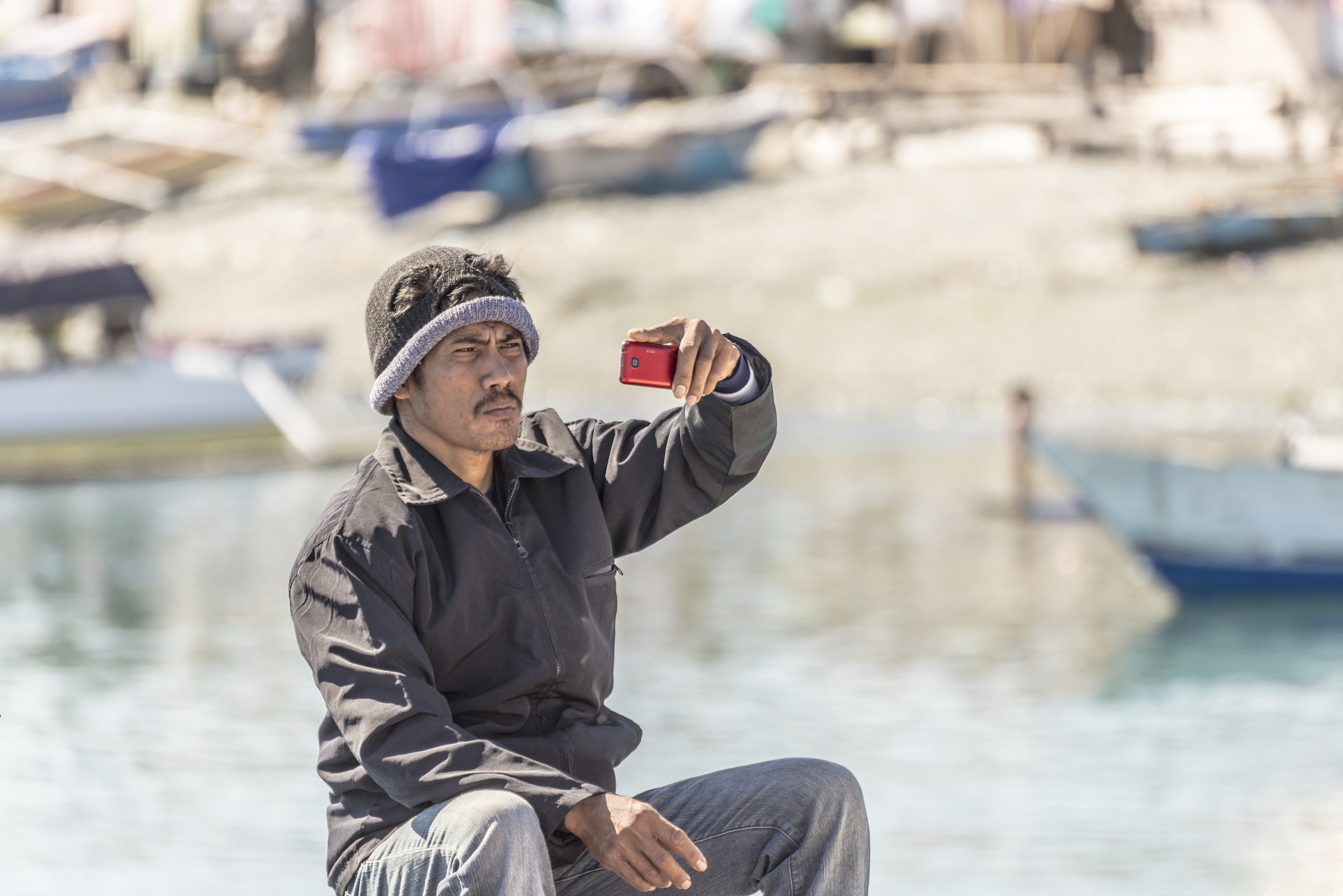Indonesia: 210 million Muslims primed for digital lifestyle
With an internet penetration still below the 40 percent mark, the current number of internet users in Indonesia is already more than double the combined population of neighboring countries Malaysia and Singapore.
According to research firm eMarketer, Indonesia is poised to become the world’s fifth biggest internet population with 123 million users by 2018, many of whom will access internet for the first time via mobile devices.
E-COMMERCE AND SOCIAL MEDIA
The Indonesian market is a fragmented one. Citizens are spread across more than 18,000 islands and have a range of different regional language dialects, education levels, and socio-economic standings.
In such a scenario, Islam is perhaps one of the most influential factors that glues together the vast population of 210 million Muslims.
Among the many tech startups trying to cater to the local Muslim market, the ones that seem to be doing well mainly reside in the fashion e-commerce and social media spaces.
The global Muslim fashion market will grow to $484 billion by 2019, forecasts the State of the Global Islamic Economy 2014-2015 report by Thomson Reuters.
Understanding the potential, several venture capital firms (VCs) have made investments in local Muslim fashion e-stores such as HijUp, Hijabenka, and Saqina.
These Indonesian firms have expressed the desire to not only win local consumers but to also tap the global Muslim wear market at large.
“The exciting thing about marketing to the Muslim world on a broad level is we're talking about 1.7 billion people (23% of world's population) and some success maybe transferable, for example, HijUp sells to Indonesia but has customers from Europe and the Middle East,” explains Khailee Ng, Managing Partner of global VC firm 500 Startups in Southeast Asia.
Indonesians’ digital lifestyle also revolves heavily around social media platforms such as Facebook, Twitter, and YouTube.
Indonesia was Facebook’s fourth biggest market with 69 million monthly active users in 2014.
The capital city of Jakarta meanwhile, is also regarded as Twitter’s biggest user base in the world.
YouTube ranks consistently among top accessed websites in Indonesia, according to estimated traffic data from SimilarWeb and Alexa.
As such, many individuals such as Muslim chaplains and women veil wearers have successfully raised their online profiles via social media.
Facebook and Twitter accounts of Muslim chaplains consistently clock high followings by millions in Indonesia. Many women have also garnered millions of followers by sharing Muslim fashion tips on YouTube and Instagram.
MOBILE APPS AND MEDIA PORTALS
Indonesia is a mobile-first nation.
Many entrepreneurs try to ride the wave by creating various solutions for Muslims in the form of mobile apps. These often range from Muslim-themed games to apps that help people learn prayers.
Badr Interactive and Educa Studio are among the top local mobile developers trying to crack the Muslim market.
Badr develops a handful of free Muslim-themed apps such as Complete Quran, while Educa creates education games for children, some of which revolve around the Islam religion. Each studio has accumulated more than one million app downloads.
Indonesia has also become a fertile ground for overseas app makers.
Two of the most notable foreign apps gaining popularity there are Al’Quran Bahasa Indonesia (which means “Quran in the Indonesian language”) and Muslim Pro. The former has pulled in more than 5 million downloads worldwide on Google Play while the latter currently has more than 10 million.
Another trend for local tech entrepreneurs is creating Muslim-themed media portals.
So far, these media outlets have received decent traction. Among them are Dream.co.id, IslamPos, and EraMuslim, which together bring in millions of estimated monthly visitors according to web traffic analytics source SimilarWeb.
However, several Muslim media portals have also come under government scrutiny in the past year.
The government banned several news outlets deemed provocative and misleading in nature. Several Muslim media sites such as Arrahmah and Hidayatullah appealed this decision and were later reinstated by the government.
MULTI-BILLION DOLLAR ISLAMIC ECONOMY INDUSTRIES RIPE FOR THE TAKING
Many players are already flocking to Indonesia’s food, travel, and finance industries. But none have really staked a claim as the national champion in the Muslim or Islamic Economy vertical.
Worth more than $190 billion, Indonesia’s Muslim food and travel space is dominated by online players targeting general consumers.
Food directories such as Zomato and OpenRice, for example, cater toward mainstream audiences but also implement halal search features for the Muslim community.
However, digital travel startups still don’t necessarily offer Muslim-friendly tourism guides yet in the archipelago.
This leaves room for a new breed of digital players targeting the niche.
Locally-developed website Trip on Halal, for example, offers a list of halal food directories across several Asian countries.
There is also ample room to play around in Indonesia’s Islamic finance sector.
As it stands now, Indonesia’s Shariah-compliant banking market share is still less than five percent in Indonesia, worth around $20 billion.
J.P. Ellis, CEO of financial e-commerce startup Compare88 Group in Southeast Asia, believes it has a bright future ahead. “The government has recently begun to give more attention to domestic Islamic finance. It’s finalizing a five-year roadmap …The target of that roadmap: Islamic banks will hold at least 15 percent of market share by 2023.”
Financial tech startups such as CekAja (part of Compare88 Group) and Cermati which offer Shariah-compliant banking solutions can stand to benefit from the momentum going forward.
Naturally, this will also help other startups such as Blossom, a Shariah-compliant micro-financing platform, to thrive in Indonesia.
© Copyright SalaamGateway.com 2015

Enricko Lukman